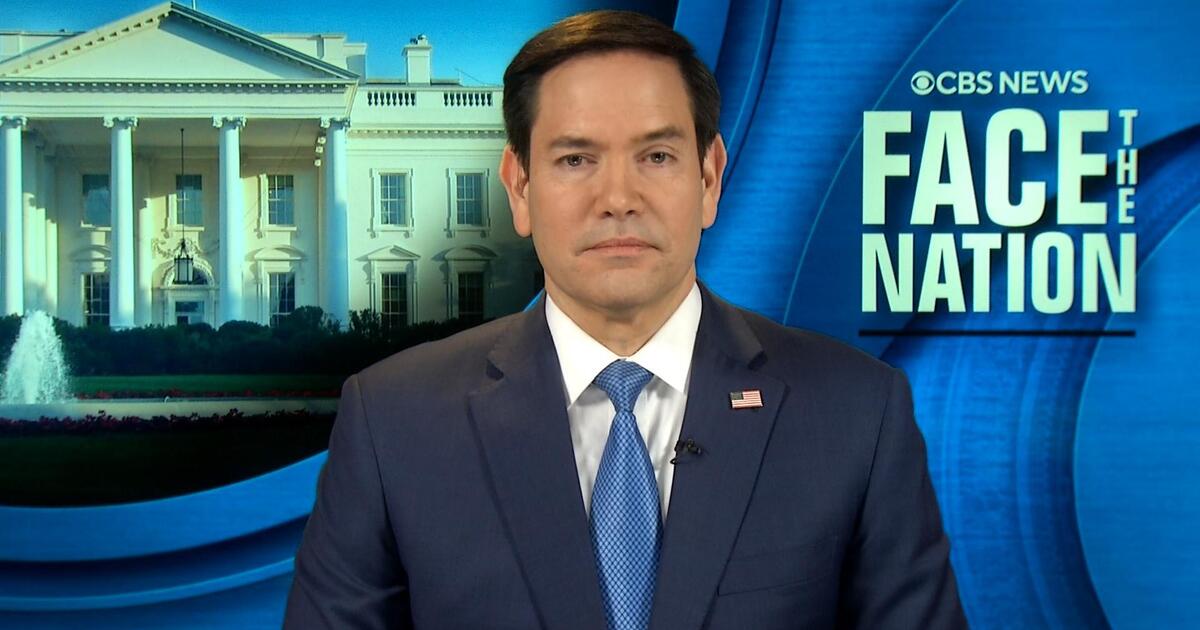Marco Rubio Advocates Airstrikes on Iran-Backed Houthis as Global Benefit
In a recent statement that has reverberated through international diplomatic circles, Secretary of State Marco Rubio has taken a firm stance advocating for airstrikes on Iran-backed Houthis in Yemen. He argues that these military actions not only serve the immediate interests of the United States but also contribute to a larger framework of global stability. This bold assertion raises crucial questions regarding the ethics of international intervention, the complexities of Middle Eastern geopolitics, and the potential ramifications for civilian populations caught in the crossfire.
The Context of the Conflict
To understand the rationale behind Rubio’s advocacy for airstrikes, one must first grasp the context of the ongoing conflict in Yemen. The Houthis, a Shiite militant group, have been engaged in a protracted civil war against the internationally recognized Yemeni government since 2014. This conflict has been further complicated by Iran’s backing of the Houthis, which has raised alarm bells in Washington and among its allies in the region. The Houthis’ aggressive actions, including missile attacks on Saudi Arabia and threats to maritime shipping in the Red Sea, have contributed to a volatile security environment.
The U.S. has long viewed Iran’s influence in Yemen as a significant threat, not just to regional allies like Saudi Arabia but also to broader American interests in the Middle East. Rubio’s position underscores a strategic move to counteract Iranian expansionism, which he believes poses a direct challenge to global stability.
Rubio’s Arguments for Airstrikes
In his advocacy, Rubio presents several key arguments that he believes justify airstrikes on the Houthis:
- Deterrence of Iranian Influence: Rubio argues that striking the Houthis is crucial in sending a message to Iran that its aggressive tactics will not go unchecked. By demonstrating military resolve, the U.S. can potentially deter further Iranian encroachment in the region.
- Support for Allied Nations: The Secretary of State emphasizes the importance of supporting U.S. allies like Saudi Arabia and the United Arab Emirates, who have been directly affected by Houthi attacks. He posits that U.S. military action will bolster their defense capabilities and reassure them of American commitment.
- Protection of Global Trade Routes: The Red Sea is a critical maritime route for international shipping. Rubio contends that Houthi threats to this passage jeopardize global trade and economic stability, warranting decisive military action.
The Potential Global Benefits of Strikes
According to Rubio, the airstrikes would yield several global benefits:
- Stabilization of Yemen: While military action may seem counterintuitive, Rubio argues that weakening the Houthis could pave the way for a more stable governance structure in Yemen, ultimately benefiting the Yemeni people.
- Encouragement of Diplomatic Solutions: By demonstrating military capability, the U.S. might encourage diplomatic negotiations among regional actors, potentially leading to a ceasefire and lasting peace.
- U.S. Leadership on the World Stage: Engaging decisively in the Middle East could reaffirm U.S. leadership globally, showcasing its willingness to act against authoritarian regimes that threaten stability.
Critics of Military Intervention
Despite Rubio’s arguments, there are significant criticisms associated with military intervention in Yemen. Many experts caution against the unintended consequences of airstrikes:
- Humanitarian Crisis: Yemen is already facing one of the worst humanitarian crises in the world. Continued military action could exacerbate civilian suffering and lead to increased displacement, hunger, and disease.
- Escalation of Conflict: Some analysts warn that airstrikes could lead to an escalation in retaliatory attacks from the Houthis and their Iranian backers, further destabilizing the region.
- Long-term Strategy Concerns: Critics argue that airstrikes are a short-term solution to a complex problem. They advocate for a more comprehensive strategy that includes diplomatic efforts and humanitarian assistance, rather than solely relying on military options.
The Importance of a Multi-Faceted Approach
Given the complexities of the Yemeni conflict, it is essential to consider a multi-faceted approach. While Rubio’s advocacy for airstrikes may resonate with those who prioritize immediate security concerns, it is equally important to integrate diplomatic and humanitarian strategies into the U.S. response.
For instance, engaging regional powers in dialogue, enhancing humanitarian aid, and supporting inclusive political processes in Yemen could contribute to a more sustainable resolution. Encouraging dialogue between the Houthis and the Yemeni government, with the assistance of international mediators, may help to bridge the divides that have fueled the conflict.
Conclusion: The Path Forward
Marco Rubio’s advocacy for airstrikes on Iran-backed Houthis presents a contentious viewpoint in the broader discussion of international intervention. While he frames these military actions as necessary for global stability, the ramifications are complex and multifaceted. As the situation in Yemen continues to evolve, it is crucial for policymakers to weigh the immediate benefits of military action against the long-term consequences for the Yemeni people and the region.
Ultimately, a balanced approach that combines military readiness with diplomatic engagement and humanitarian assistance could pave the way for a more stable and peaceful future in Yemen and the broader Middle East. As the international community watches closely, the decisions made by leaders like Marco Rubio will play a critical role in shaping the course of this intricate conflict.
See more BBC Express News

